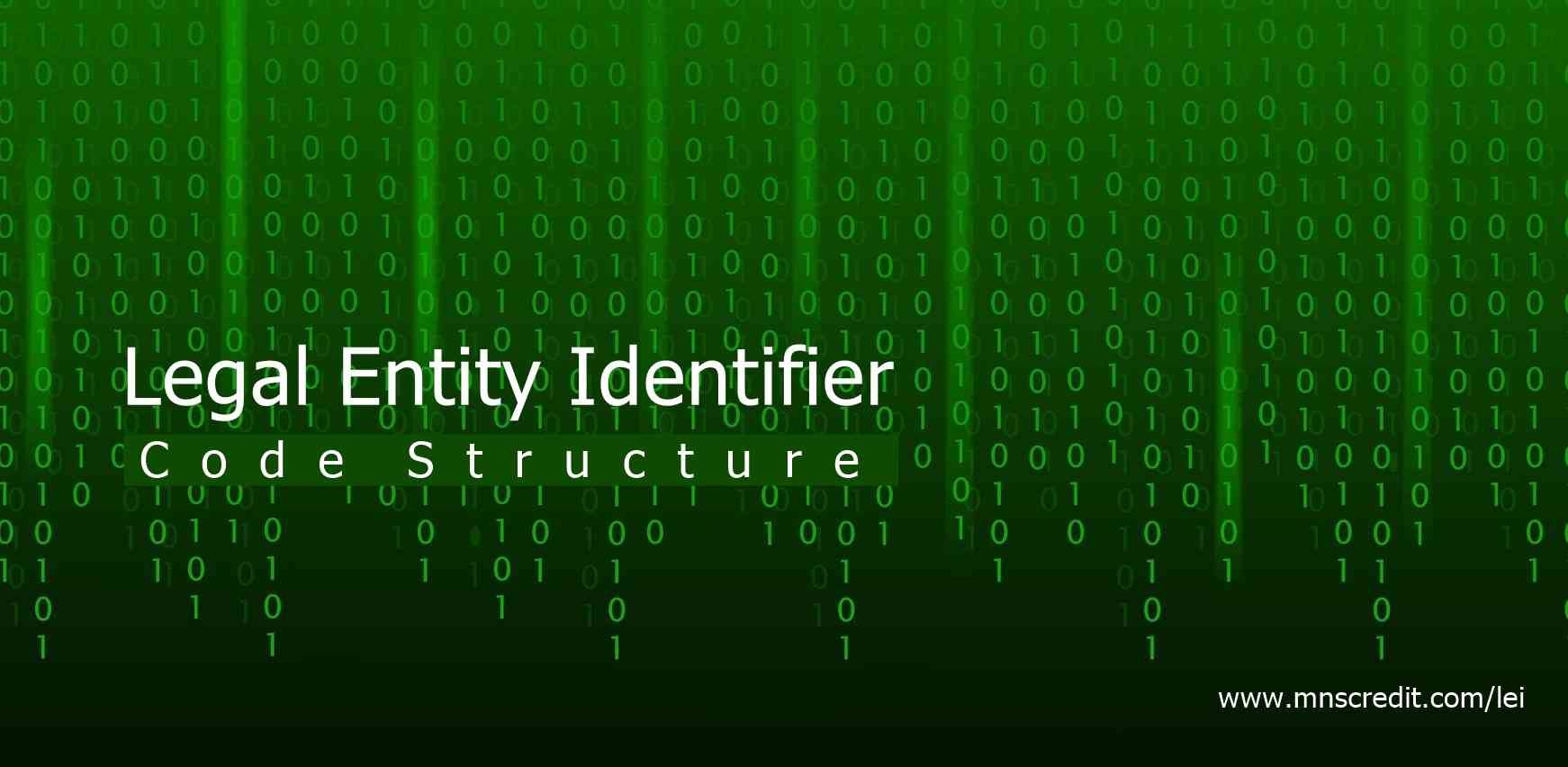Applying for a Legal Entity Identifier (LEI) can seem daunting, but with the right documents and preparation, the process becomes straightforward. The LEI is crucial for businesses involved in financial transactions, ensuring transparency and simplifying regulatory reporting. This article provides a detailed checklist of the necessary documents for a successful LEI application, along with insights into the application process and common pitfalls to avoid.
To apply for an LEI, businesses must provide a set of specific documents. This checklist ensures that all necessary documents are gathered and submitted correctly, streamlining the application process.
Types of Legal Entity Proof: Proof of the legal entity is crucial for LEI application. This document confirms the existence of the business entity. Acceptable proofs include:
These documents establish the legal status of the entity and are required for verification by the LEI issuing organization.
Authorized Signatory Details: Authorization proof is necessary to verify that the person applying for the LEI is authorized to do so on behalf of the entity. This includes:
Ensuring that the signatory is properly authorized prevents delays in the application process.
Registration Certificate Requirements: The business registration document confirms the registration of the entity with relevant authorities. It typically includes:
This document is essential to validate the legal standing of the entity.
Accepted Address Proofs: Proof of the entity's address is required for LEI application. Accepted documents include:
These documents should reflect the registered address of the entity.
Types of Identity Proofs: The identity proof of the person authorized to apply for the LEI is mandatory. Acceptable identity proofs include:
Ensuring the accuracy of identity proof helps in the verification process.
| S.NO. | TYPE OF ENTITY | DOCUMENTS TO BE UPLOADED |
|---|---|---|
| 1 | Private Limited Company/Public Limited Company/Limited Liability Partnerships or any company registered with Ministry of Corporate Affairs (MCA) | Certificate of Incorporation / GST Certificate / IEC Certificate |
| 2 | Trust | Trust Deed / Trust Registration Certificate / any other registration certificate issued by competent authority |
| 3 | Proprietorship | IEC Certificate / GST Certificate / Udyam Registration Certificate / Shops and Establishment License |
| 4 | Bank not registered with MCA | Banking License issued by RBI |
| 5 | Mutual Fund and Alternative Investment Fund | SEBI Registration Certificate / List of Custodian |
| 6 | Others | Registration Certificate / any other registration certificate issued by competent authority |
When applying for a Legal Entity Identifier (LEI), businesses are required to submit specific documents to verify their legal status and ownership details. The documents checklist for an LEI application typically includes the Certificate of Incorporation or Registration, PAN or Tax Identification Number, Memorandum and Articles of Association, audited financial statements or annual returns, and proof of authorized signatory such as a board resolution or power of attorney. In certain cases, additional documents like address proof or regulatory licenses may also be required. Providing accurate and updated documentation ensures a smooth verification process and timely issuance of the LEI code in compliance with ISO 17442 standards.
Typically, no physical documents are required. The LEI system verifies most company details digitally through official business registries. However, you may need to provide basic entity details such as legal name, registered address, registration ID, and ownership information.
In most cases, you don’t need to upload incorporation documents because the Registration Agent or LOU can verify them from public records. You may only need to provide them if your company information cannot be found or verified online.
Generally, LEI registration requires ROC details, which are automatically verified through MCA (Ministry of Corporate Affairs) databases. PAN or GST may be requested only if the entity type requires additional clarification.
KYC is usually not needed for LEI registration. In rare cases—such as when the authorized signatory is not listed in public records—you may be asked for ID proof or authorization documents.
Entities must disclose whether they have a parent company or not. If applicable, you may need to provide accounting or consolidated financial statements that prove parent-child relationships.
No new documents are typically required for renewal. You just need to verify or update your existing entity information, such as address, legal status, or ownership structure.
If information such as the company name, address, or registration number does not match public databases, you may be asked to provide supporting documents like incorporation certificates or updated ROC filings.









